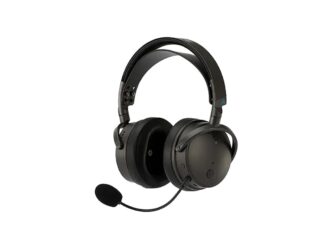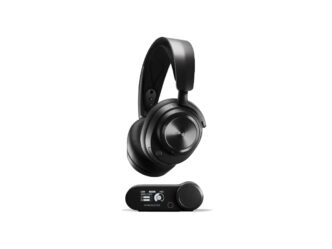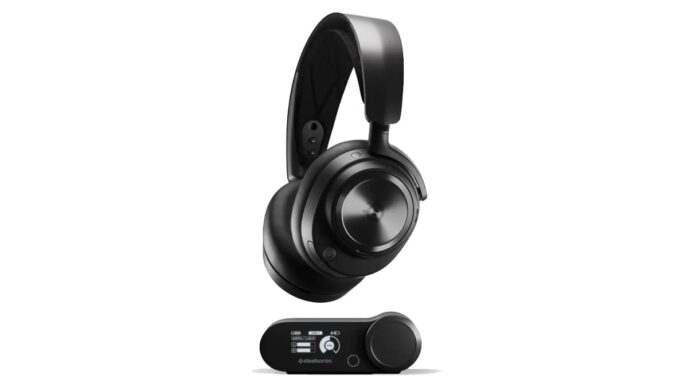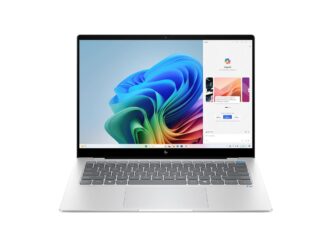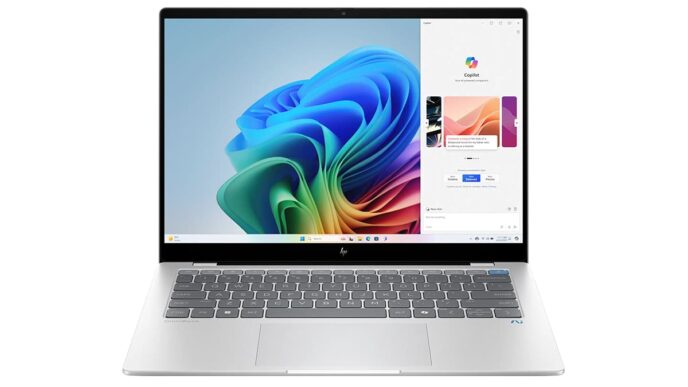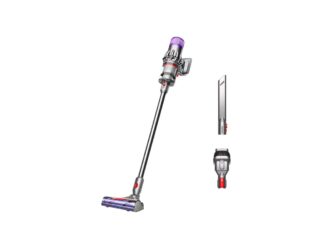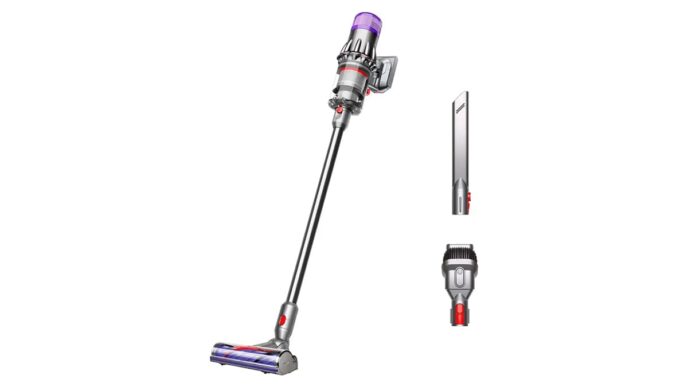The Audeze Maxwell has become a benchmark for premium wireless gaming headsets thanks to its planar magnetic drivers, marathon battery life, and robust wireless options that aim squarely at low‑latency performance for competitive play. In 2025, it still tops shortlists for high‑end gaming audio, particularly for players who want reference‑level sound with a practical, gamer‑friendly control scheme and software. This review dives deep into its sound, mic, comfort, latency, platform support, software, and long‑term ownership experience—then closes with a summarized table, FAQs, and eight key content gaps most reviews miss.
In this Audeze Maxwell Over‑the‑Ear Wireless Gaming Headset Review, we’ll take a look at:
Design, Build, and Comfort
Audeze’s design ethos for the Audeze Maxwell favors functionality over flash: dense pads, a suspension strap, and steel headband prioritize durability, with all core controls (volume, chat‑mix, power, mic mute) clustered on the left earcup for quick muscle memory. The ear pads are plush leatherette, clamp is moderate‑light, and weight sits around 490g—heavier than mainstream gaming headsets, but distributed via the strap to reduce hot spots once adjusted.
- Pros: Sturdy metal build, easy on‑ear controls, comfortable over long sessions after fit is dialed in.
- Cons: The suspension strap uses notched adjustment and can be fiddly to set precisely; overall mass is higher than rivals.
For larger heads or ears, the oversized cups and deeper pads are a plus; those sensitive to weight or heat may prefer lighter headsets with more breathable materials.
Sound Quality: Audiophile‑Grade With Gaming Focus
The Audeze Maxwell stands out because of its 90mm planar magnetic drivers, delivering exceptional clarity, slam, and instrument separation uncommon in gaming cans at this price. Reviewers consistently note a near‑neutral tuning (warmer than bright), with tight bass, clean mids for dialogue and positional cues, and treble that avoids harshness while preserving detail.
- Several measurements show a response close to target curves, with app‑based EQ for fine‑tuning and presets for quick swaps across genres and games.
- L/R driver tolerances can vary unit‑to‑unit; some measurement rigs see small channel mismatches in specific bands, though this won’t be audible to most listeners and can be mitigated by fit and seal.
For spatial awareness in FPS titles, the Maxwell’s resolution and layering render footsteps and distance cues confidently; for RPGs and cinematic games, the staging and bass extension add scale without muddying mids. Put simply, this is one of the best‑sounding closed‑back gaming headsets available, doubling as a credible music and movie headphone.
Microphone and Communications
Audeze ships the Maxwell with a detachable boom mic plus integrated mics, with the boom offering notably clear, natural vocal capture for a wireless headset and strong background noise rejection. Community and lab tests often rank its boom performance above many peers, while the internal mics are serviceable for quick calls but less resilient in loud environments.
- In loud settings (e.g., subway), stick with the boom mic for intelligibility.
- On‑ear sidetone and chat‑mix controls make live balancing easy without tabbing into software.
Connectivity and Controls
The Maxwell supports 2.4GHz dongle‑based low‑latency wireless, Bluetooth 5.3 (with multipoint and modern codecs), USB‑C digital audio with dual endpoints/game‑chat mix, and 3.5mm analog—meaning it connects to just about anything, including PC, consoles, mobiles, and handhelds. Audeze’s control layout keeps essential functions physical: dual dials for master volume and game/chat mix, plus mic mute and noise suppression toggles.
- Hardware pairing is straightforward; Xbox and PlayStation versions differ in dongle compatibility, so pick the correct SKU for console ecosystems.
- Many appreciate physical controls for adjustments mid‑match rather than navigating software overlays.
Latency: Competitive‑Grade Wireless
Low latency is a pillar of the Maxwell’s design brief. Independent testing has at times reported disparate figures depending on connection type and settings, but Audeze’s own technical note pegs dongle latency at roughly 24.85ms under specific conditions—squarely in competitive territory for wireless headsets. Broader third‑party testing and user experience agree the 2.4GHz dongle delivers perceptibly instant response for gaming and media syncing, with Bluetooth introducing more delay as expected.
- Bottom line: With the 2.4GHz dongle, response feels instantaneous for gaming; Bluetooth is fine for casual listening but not ideal for twitch shooters.
- Always confirm the device and mode: latency varies by connection path and codec.
This is the core of the headset’s low‑latency wireless identity.
Battery Life: The 80‑Hour Battery Beast
Few headsets touch the Maxwell’s claimed 80hr+ battery life, and real‑world testing backs it up: reviewers routinely report multi‑day to week‑long use on a single charge. Fast charging nets roughly 20–30hr from a 20‑minute top‑up, and auto‑off prevents idle drain.
- 80hr+ rating at 80dB is realistic; users often report 60–90+hr depending on volume and wireless mode.
- Competing headsets with swappable batteries can match uptime with swaps, but the Maxwell’s single‑pack endurance remains a category standout.
If maximum uptime matters—long LANs, travel, or shared household devices—the 80‑hour battery is a defining advantage.
Software: Audeze HQ, EQ, and Profiles
Audeze HQ runs on desktop and mobile with consistent features across platforms: 10‑band graphic EQ with preset slots, sidetone control, and chat‑mix access, letting users create per‑game profiles and save them to the headset.
- The software is cleaner than typical “gamer” suites and avoids bloat while still offering deep tuning for enthusiasts.
- Profiles make it easy to switch from competitive FPS detail focus to bass‑rich single‑player immersion.
Noise Isolation and ANC
The Maxwell is a closed‑back passive‑isolation headset without active noise canceling, so isolation is good against mid/treble noise but won’t eliminate low‑frequency rumbles like transit or HVAC hum. For quiet rooms, it’s perfect; for commuting or very noisy environments, ANC headphones isolate better at the expense of latency and gaming features.
Platform Compatibility and Versions
Audeze sells Xbox and PlayStation variants; both cover PC and Switch, but their dongles are tailored for their respective consoles. Bluetooth 5.3 with multipoint and modern codecs covers phones and tablets, while USB‑C wired digital offers low‑latency fallback and compatibility with game‑chat mix on supported platforms.
- Check the SKU before purchase to ensure full wireless console support.
- Both versions retain analog 3.5mm and USB‑C options, adding flexibility for streaming setups and handhelds.
Maxwell vs. Key Competitors
Against the SteelSeries Arctis Nova Pro Wireless, the Maxwell trades hot‑swap dual batteries and simultaneous 2.4GHz+Bluetooth mixing for superior driver size and raw sound performance, alongside longer single‑charge endurance. The Nova Pro is lighter and has a base station DAC and simultaneous connections, while the Maxwell pushes audiophile‑grade fidelity, larger planar drivers, and marathon battery life.
- Maxwell: bigger 90mm drivers, 50kHz upper response spec, 80hr+ battery.
- Nova Pro Wireless: lighter at ~337g, hot‑swappable dual batteries, simultaneous 2.4GHz+BT audio, base station features.
If feature mixing and comfort weight are priorities, Nova Pro appeals; if sound quality and single‑charge endurance matter most, Audeze Maxwell leads.
Real‑World Impressions and Longevity
Multiple long‑term reviewers and communities praise the Maxwell’s sonic performance, clear communications, and cross‑device flexibility, while noting its heavier build and warmth during extended use. The suspension strap mitigates pressure—once adjusted properly—but users sensitive to weight may still prefer lighter options. Accessory pad swaps and proper strap fit can optimize comfort over time.
Who Is It For?
- Competitive gamers needing responsive, detailed sound with confident imaging and mic clarity.
- Hybrid users who split time between gaming and music/movies and want one headset that excels at both.
- Power users who value week‑long uptime and robust wired/wireless versatility across platforms.
Those who should consider alternatives: anyone requiring ANC for commuting, very light weight for marathon sessions, or simultaneous 2.4GHz+Bluetooth mixing for streamers and call juggling.
Verdict
The Audeze Maxwell delivers reference‑level gaming audio, class‑leading endurance, and competitive‑grade low‑latency wireless in a durable, thoughtfully controlled package. The tuning, resolution, and planar transient speed make it a joy for both sweaty FPS sessions and cinematic single‑player epics, while the mic and software round out a headset that feels built for serious play and serious listening. Weight and lack of ANC or simultaneous 2.4GHz+BT may steer some to lighter or more feature‑mixed rivals, but for sheer sound quality and battery dominance, it remains the headset to beat.
Conclusion
The Audeze Maxwell is a rare gaming headset that bridges the gap between enthusiast audio and uncompromising practicality: superb planar magnetic drivers for accuracy and impact, true low‑latency wireless over 2.4GHz for competition, and an 80‑hour battery that rewrites uptime expectations. It’s not the lightest, and it doesn’t do ANC or simultaneous 2.4GHz+BT, but its focused execution excels where it matters for high‑performance gaming and high‑fidelity listening.
Summary Table
Category | Key Takeaway |
Sound quality | Class‑leading detail, dynamics, and imaging from 90mm planar magnetic drivers; app EQ for profiles |
Mic performance | Detachable boom mic captures clear, natural voice with strong noise rejection; internal mic is secondary |
Latency | 2.4GHz dongle delivers competitive, perceivably instant response; Audeze notes ~24.85ms under test conditions |
Battery life | 80hr+ per charge; 20‑min fast charge for day‑plus use; real‑world multi‑day uptime validated |
Comfort & build | Sturdy metal frame with suspension strap; heavier than average but comfortable after proper fit |
Connectivity | 2.4GHz dongle, Bluetooth 5.3 (multipoint, modern codecs), USB‑C digital, 3.5mm analog |
Software | Audeze HQ on desktop/mobile with EQ, sidetone, chat‑mix profiles synced to headset |
Best for | Competitive and hybrid gamers prioritizing fidelity, uptime, and platform flexibility over ANC/lightest weight |
FAQs
Does the Audeze Maxwell support simultaneous 2.4GHz and Bluetooth audio?
No—unlike some competitors, the Maxwell does not mix simultaneous 2.4GHz+Bluetooth audio; use the 2.4GHz dongle for competitive play and Bluetooth for mobile listening as needed.
How long does the battery actually last in real use?
Real‑world testing consistently validates Audeze’s 80hr+ claim, with many users and reviewers reporting multi‑day to week‑long use; a 20‑minute fast charge can restore 20–30hr.
Is latency low enough for ranked competitive shooters?
Yes—use the 2.4GHz dongle for competitive play, which delivers perceivably instant response; Audeze’s technical note reports ~24.85ms in tested conditions, aligning with smooth, desync‑free gameplay.
